You will be equipped with the following tools:
-
Daily Gratitude Check-In
Help your clients develop a daily gratitude practice to become more grateful generally.
-
Moving from Rational Gratitude to Experiential Gratitude Meditation (+Audio)
Help your clients cultivate the full essence of gratitude by connecting to a tangible and recent moment of goodness to it's source.
-
Resolving Jealousy Using the Camera-Lens Metaphor
Help your clients analyze their thinking and convert cognitions that are giving rise to feelings of jealousy and envy to cognitions that support gratefulness.
-
Gratitude in Romantic Relationships
Help your clients revive and enhance feelings of fondness and admiration in romantic relationships through daily expressions of gratitude.
-
Naikan Reflection
Help your clients develop a greater sense of gratitude and foster a natural desire to give and serve others.
-
Cultivating Gratitude Through Counterfactual Thinking
Help your clients cultivate feelings of gratitude and appreciation for the good things in their lives.
-
Three Good Things
Help your clients boost their well-being by practicing small acts of gratitude at the end of the day.
-
Gratitude Meditation
Help your clients increase gratitude through meditation.
-
Silent Gratitude Mapping
Help your clients to build connections with other participants as well as engage in personal reflection.
-
Increasing Awareness of Complaining
Help your clients become aware of complaining to reduce the negative effects on them and their environment.
-
Little Gratitude Habits
Provide your clients with an overview of gratitude practices that can be used in addition to or as an alternative to the scientifically tested interventions.
-
Gratitude by Mental Elimination
Help your clients increase their gratitude by counterbalancing the ”taking-things-for-granted effect” to which we are often prone.
-
Gratitude Resentment and Appreciation Test
Use the GRAT to measure your client's dispositional gratitude.
-
Gratitude Letter
Help your clients increase their gratitude and sense of well-being by writing a gratitude letter.
-
Gratitude Journal
Help your clients increase their gratitude by keeping a journal.
-
Gratitude for Important People
Help increase your client's gratitude by counterbalancing the ”taking-things-for-granted effect” to which we are often prone.
-
Gratitude for Important People
Help your clients increase awareness of the importance of and gratitude towards other people.
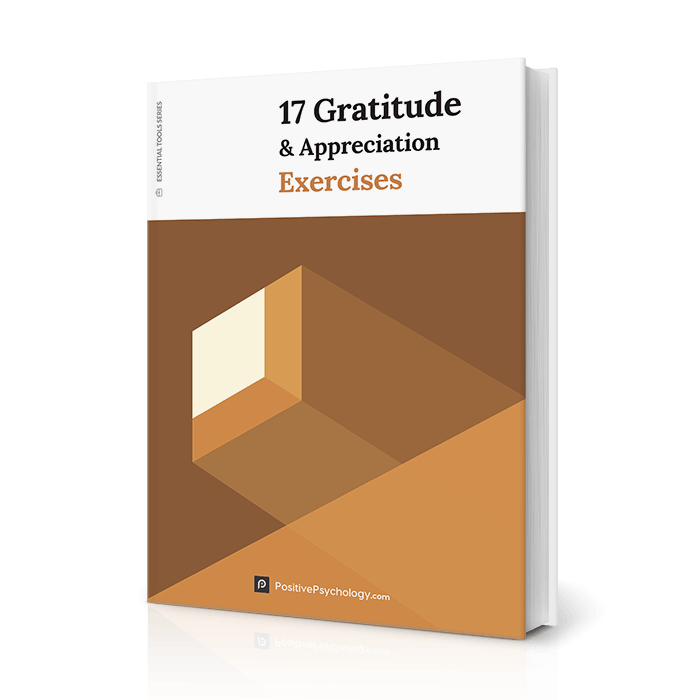
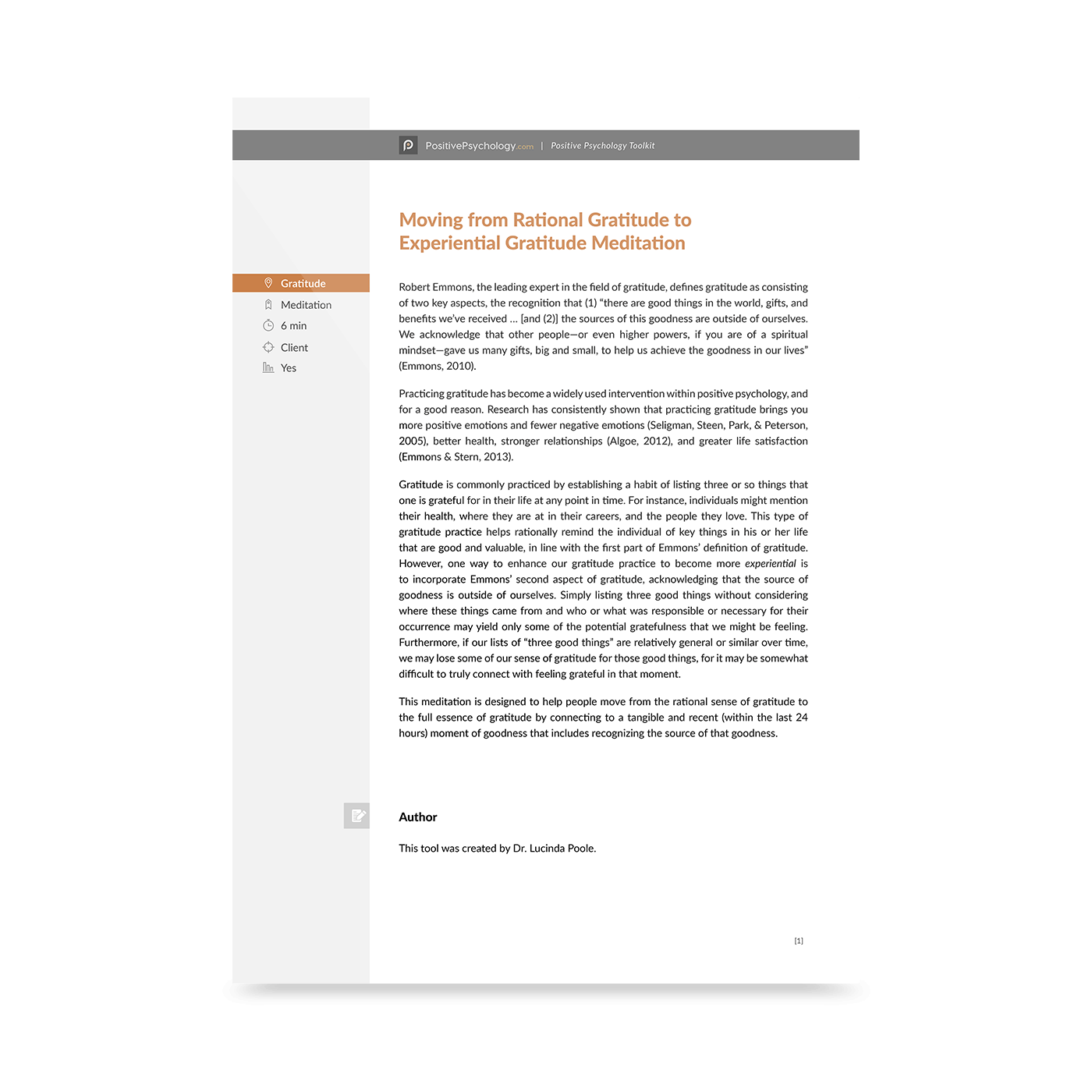
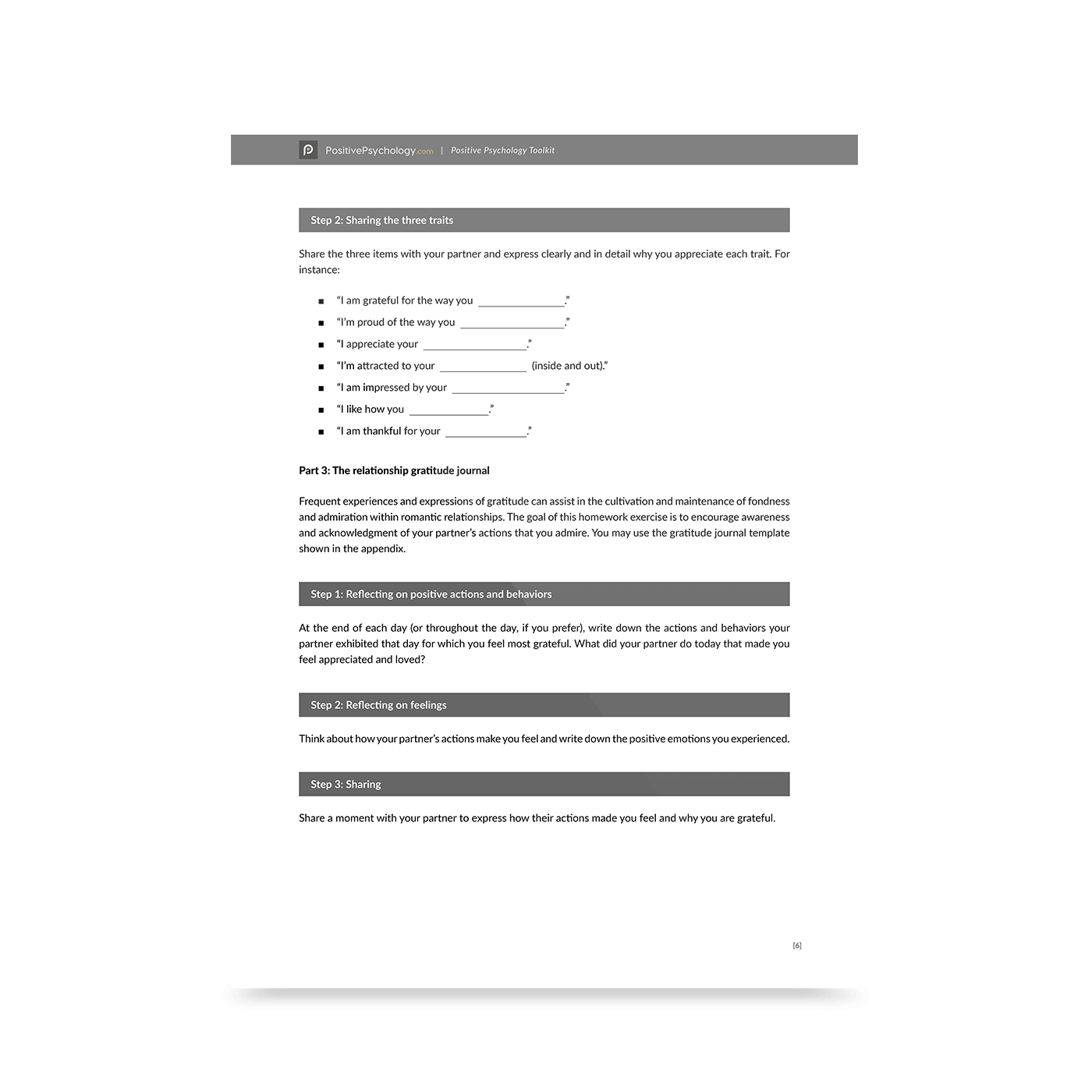
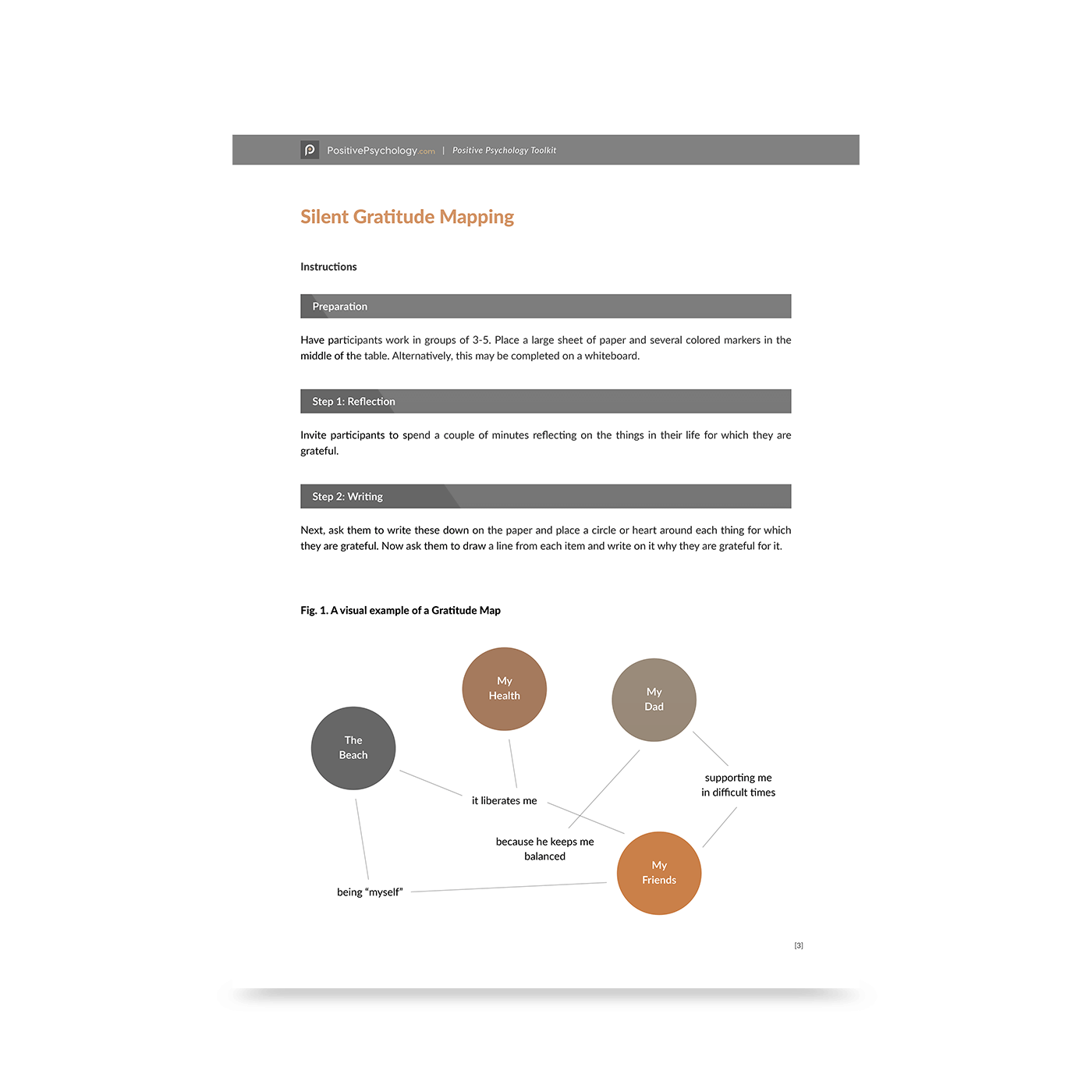


















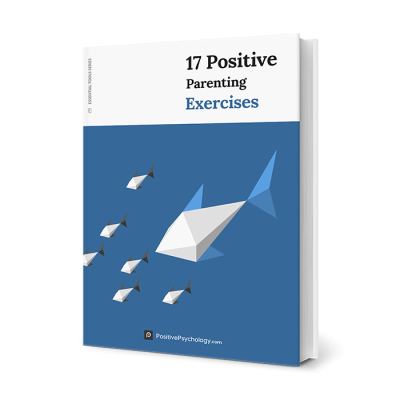
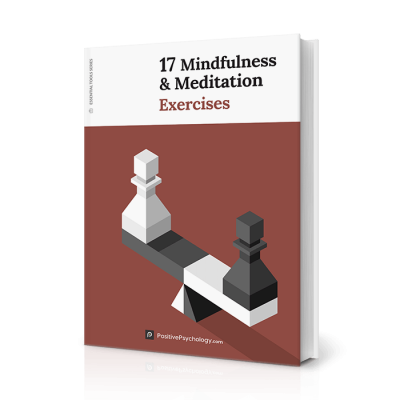
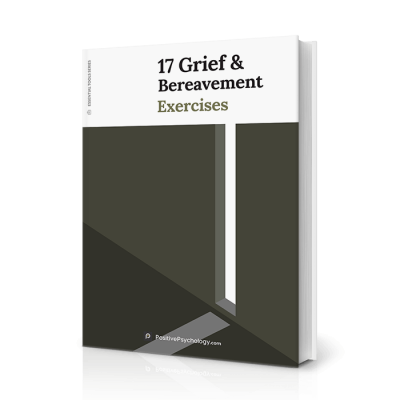
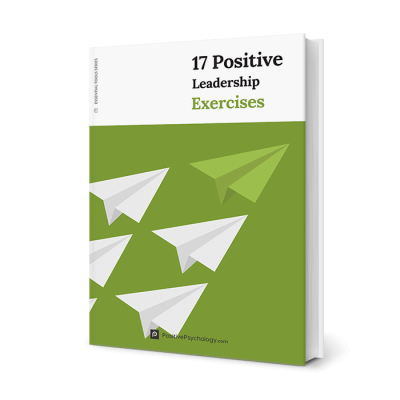
Leah Rubinstein –
I enjoyed using these exercises for my clinical practice. It is a great tool for the cognitive work, it makes the information they (clients) have been holding on to tangible, a big aid in the healing process. Also, it really helped me save time and added to my professional resources.
Sunita Malhotra –
Thank you – you have superb tools that are very practical, to the point, and easy to use! You have helped to change the lives of the younger generation! 🙂